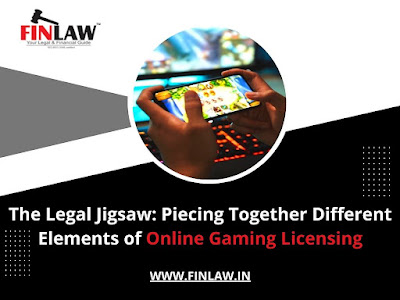Rolling the Dice: Understanding the Landscape of Online Gaming Law in India

When Entertainment Meets Regulation Online gaming in India has grown from a casual pastime into a multi-billion-dollar industry almost overnight. Whether it’s fantasy cricket leagues, mobile card games, skill-based puzzles, or e-sports tournaments, millions of Indians are gaming online every day—and some are even earning from it. But as the sector expands, so do the legal questions: Is it legal to earn money through gaming apps? Is fantasy sports betting or gambling? What about games of skill versus games of chance? And most importantly—who’s regulating it all? The answers, as it turns out, aren’t as straightforward as one might hope. That’s because online gaming law in India sits in a strange legal grey area—split between central regulation, state-specific gambling laws, and evolving court decisions. In this article, we’ll take a closer look at how the legal framework around online gaming in India is structured, what recent developments have occurred, and what it means for ga...



.jpg)
